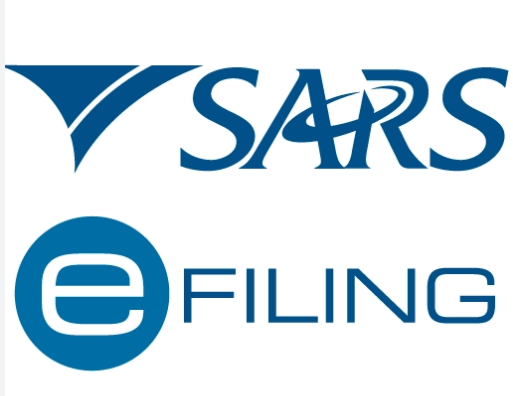Introduction
In recent years, there has been a surge in tax fraud schemes targeting unsuspecting individuals in South Africa. These schemes often promise large sums of money by claiming from the South African Revenue Service (SARS) on behalf of the victims. Unfortunately, many people fall into these traps, giving their login details to fraudsters who then commit fraud in their name. This blog post explores how these scams operate, the severe consequences of defrauding SARS, and how to protect yourself from falling victim to such schemes.
How Tax Fraud Schemes Operate
Tax fraud schemes typically involve fraudsters promising individuals significant refunds from SARS. These scammers often present themselves as tax consultants or experts who can help maximize tax returns. They lure victims by promising large sums of money, which seems too good to be true. Once the victims are convinced, they are asked to provide their login details for the SARS eFiling system.
With access to the victims’ login details, the fraudsters submit false income tax returns on their behalf, claiming exaggerated deductions and expenses. The aim is to secure a substantial refund from SARS. However, SARS has sophisticated software and auditing processes in place to detect irregularities and fraudulent activities.

The Consequences of Tax Fraud
When SARS conducts an audit and discovers the fraudulent claims, the consequences can be severe for the unsuspecting individuals. Here are some of the potential outcomes:
- Hefty Penalties: SARS imposes significant penalties on individuals found guilty of tax fraud. These penalties can be substantial, often amounting to a large percentage of the fraudulent claim. In addition to the penalties, the individuals may also be required to repay the full amount of the fraudulent refund.
- Legal Action: In cases of severe fraud, SARS may pursue legal action against the individuals involved. This can result in criminal charges, leading to court appearances and potential jail time. The legal process can be lengthy and stressful, with serious implications for the individuals’ personal and professional lives.
- Financial Ruin: The financial burden of repaying the fraudulent refund, along with the penalties and legal fees, can lead to financial ruin for the victims. Many individuals find themselves in significant debt, struggling to recover from the financial impact of the fraud.
- Damage to Reputation: Being involved in a tax fraud case can severely damage an individual’s reputation. This can affect their personal relationships, employment opportunities, and overall standing in the community.
The Role of Fraudsters
Fraudsters are often skilled at manipulating their victims and creating a sense of trust. They may use various tactics to convince individuals to provide their login details, such as presenting fake credentials, using persuasive language, and creating a sense of urgency. Once the fraud is discovered, the fraudsters typically vanish, leaving the victims to face the consequences alone.
Protecting Yourself from Tax Fraud Schemes
To avoid falling victim to tax fraud schemes, it is essential to be vigilant and take proactive steps to protect yourself. Here are some tips to help you stay safe:
- Be Skeptical of Promises of Large Refunds: If someone promises you a large tax refund that seems too good to be true, it probably is. Be cautious of anyone making such promises and thoroughly research their credentials before providing any personal information.
- Keep Your Login Details Secure: Never share your SARS eFiling login details with anyone, including tax consultants. Your login details are sensitive information that should be kept confidential.
- Verify the Credentials of Tax Consultants: If you choose to work with a tax consultant, verify their credentials and ensure they are registered with the relevant authorities. Check for reviews and testimonials from other clients to gauge their reliability.
- Monitor Your SARS eFiling Account: Regularly monitor your SARS eFiling account for any suspicious activity. If you notice any unauthorized changes or submissions, report them to SARS immediately.
- Educate Yourself About Tax Laws: Familiarize yourself with South Africa’s tax laws and regulations. Understanding your rights and responsibilities as a taxpayer can help you make informed decisions and avoid falling for scams.
Conclusion
Tax fraud schemes can have devastating consequences for unsuspecting individuals. By being aware of how these scams operate and taking proactive steps to protect yourself, you can avoid falling victim to fraudsters. Remember, defrauding SARS is a serious offense with severe penalties, and the government is acting swiftly against fraudsters. Stay vigilant, protect your personal information, and ensure you comply with tax laws to avoid hefty penalties or jail time.